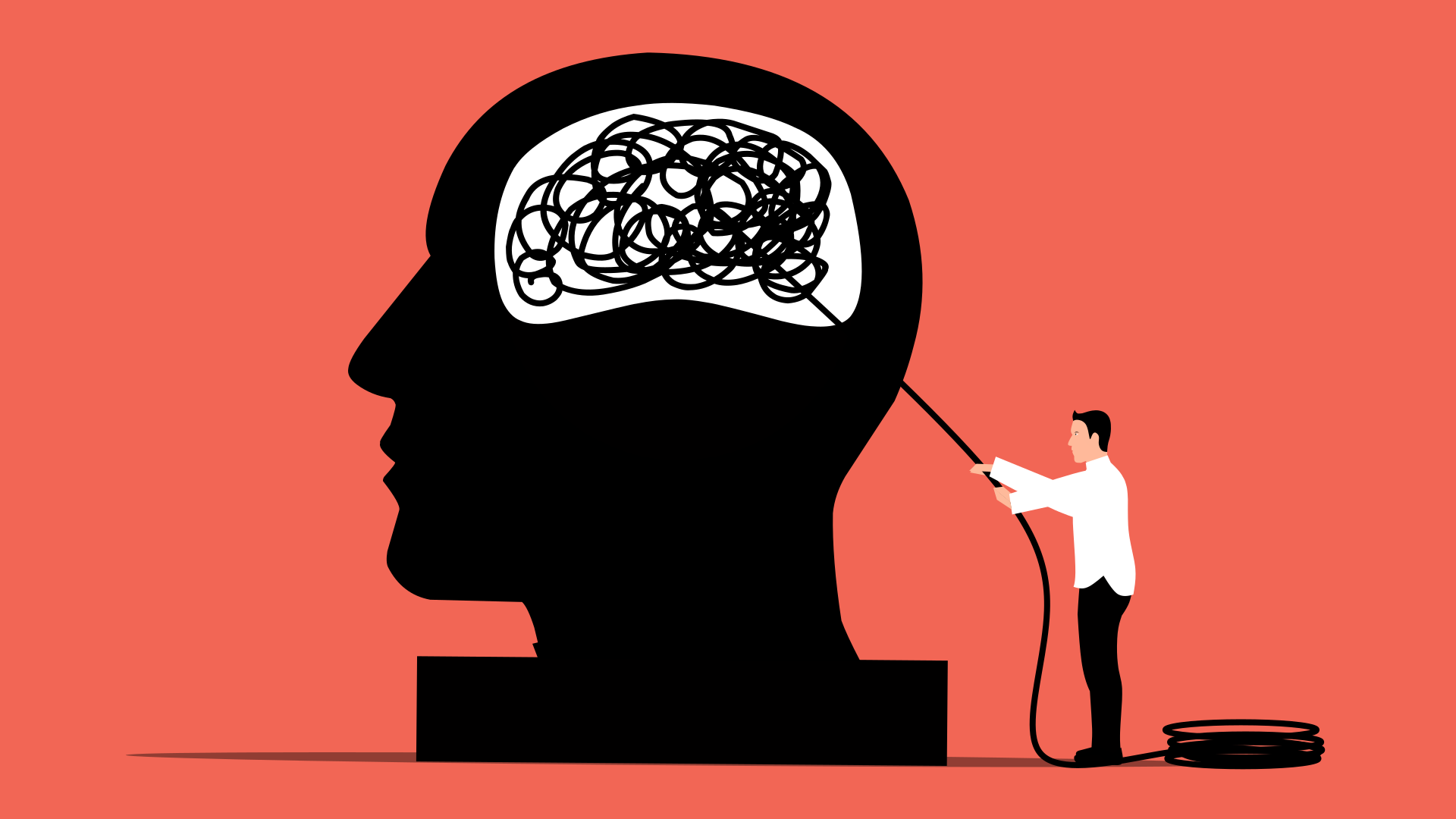
13 Apr Dopamine: The Good, The Bad & Human Performance
Dopamine – The Good, The Bad & Human Performance
Dopamine; One of the ‘happy chemicals’ in our brain and body. Along with serotonin, oxytocin and endorphins, dopamine plays a critical role in how we feel. It is the reward and pleasure chemical that interacts with mood, memory, movement, and focus! Healthy dopamine levels are essential to overall health, low levels can lead to adverse psychological effects, and it also plays a piece in the puzzle of addiction. It is essential to human performance, but it has both good and bad sides to the coin like most things.
The Upside of Dopamine
When the dopamine levels in our brain are healthy, we are motivated, productive, able to plan well, we can learn faster, we are driven and we’re more attentive! They all sound like great upsides to having healthy levels of dopamine! Who wouldn’t want that?! This chemical can also increase our empathy for others and allow us to be more extroverted. All these feelings are pleasurable, hence why it is often known as the ‘feel good’ chemical!
This brain chemical is one of the most important neurotransmitters that directly impact human performance. Encountering a pleasurable experience, the body releases dopamine and then the body then associates this release with pleasure and creates an internal reward system. For example, when eating chocolate, a hit of the pleasure chemical is released, and you feel good! The brain then decides that this must be a reward and you then feel the need to keep eating chocolate, even though it actually isn’t good for your body.
It is a chemical of reinforcement and is what is behind us being motivated to do something over and over again. Which, when the action is good for your wellbeing and productivity, is a good thing. But when the reward system is attached to something that is harming the body, it doesn’t know the difference! The body just knows that it feels good and wants more! So, let’s flip the coin and see how it can be just as bad for us at the same time.
The Bad News

Having too much in a section of the brain and not enough in other parts, or ‘dopamine concentration’, can lead to increased aggression, competitiveness and poor impulse control, and this is what can play into addiction.
There are several ways to increase levels naturally to counteract the unmotivated and restless feelings that dopamine deficiency can bring. Things like exercise, listening to music, eating good and nourishing food, being outdoors and getting good sleep! These are all really important things that we should be incorporating into our daily lives to offset dopamine deficiency! So, while it is so helpful to our daily functioning, having too much or too little can be damaging to our everyday lives.
Dopamine…A Busy Chemical!
Some people like to think that this chemical is addiction, love, music, or mood. While it has something to do with all of these things, it isn’t these things solely! Dopamine is just a very busy chemical! It is always looking for external cues to associate with rewards! So, if you give it a cue with a negative stimulus or outcome, it doesn’t know the difference, it just wants MORE!
Understanding how it works is essential to creating good outcomes for its production! It is an incredibly complex chemical with roles in so many avenues of human behaviour and existence! While there is this glamourisation of dopamine as a simple and sexy chemical, it is so deeply complex, which just enhances its amazingness!
So yes, it has to do with mood, addiction, attention, psychosis, disease, motivation; but it is not these things! It is so powerfully good for us as humans and can be destructive when it is highly concentrated or in high demand with little supply! It is complex and far from simple, but the beauty of understanding is that we get to know things on a much deeper level! Do you feel like you know dopamine a little bit better? I definitely do!
Hey! You’re Biased! – #9 Diversification Bias

Have you ever planned ahead for something, let’s say a vacation, and made a special playlist with loads of genres, thinking that you will love the variety and choice? But then you get into the moment and only want to listen to one genre or one song on repeat? Yep! I’ve done it too! This is called the diversification bias! Humans like to pick diverse options for future consumption, but when they get into the moment, a choice is made purely about how we feel! This one can be quite a niche, but still, something to be looking out for! Let’s get unbiased!
Want to know more about the ‘Happy Chemicals”? Click ‘here’!
References
Saeed, M. (n.d.). How does dopamine drive our behaviour? Into Action Recovery Centres. https://www.intoactionrecovery.com/how-dopamine-drives-our-behavior/
Health Line. (2019). Dopamine and addiction: separating myths and facts. Health Line. https://www.healthline.com/health/dopamine-addiction
Kanneganti, A. (2018). Brain’s dopamine: the good, the bad, and the ugly. Lab Roots. https://www.labroots.com/trending/neuroscience/13494/brain-s-dopamine-good-bad-ugly
Brookshire, B. (2013). Dopamine is…is it love? Gambling? Reward? Addiction? Slate. https://slate.com/technology/2013/07/what-is-dopamine-love-lust-sex-addiction-gambling-motivation-reward.html



No Comments